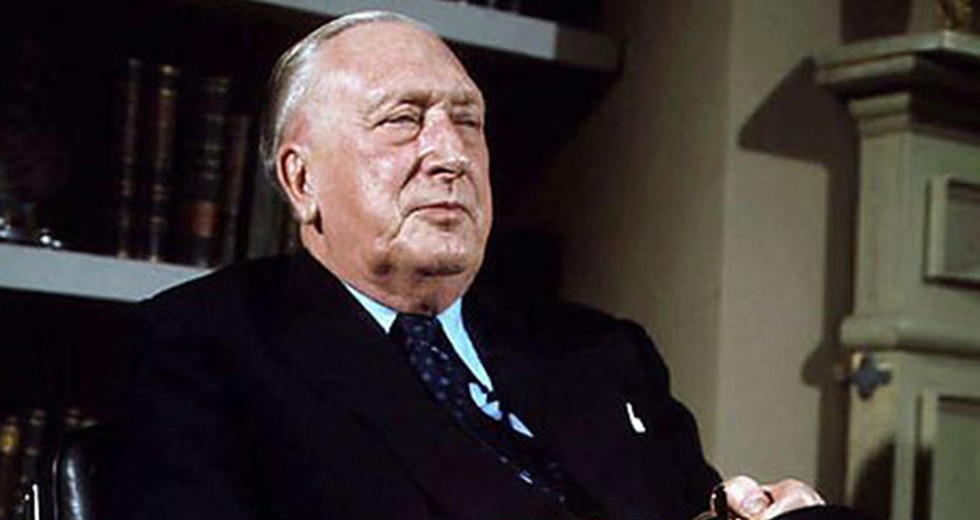
As far as music goes, 1935 was a very good year. Gershwin’s Porgy and Bess opened on Broadway, Alban Berg completed his violin concerto, and on Nov. 6 of that year, the BBC Symphony, conducted by Sir Hamilton Harty, premiered William Walton’s First Symphony. “The climax of my youth” was how Walton described the work. Then 33 years old, the British composer had already produced the hard-to-categorize Façade (1923), the Viola Concerto (1929) and the cantata Belshazzar’s Feast (1931).
Born in 1902 in the Lancashire mill town of Oldham in England’s industrial north, Walton was the second of four children. His mother was a contralto, and his father a baritone who worked as a singing teacher, organist and choirmaster. Growing up, young William was a choirboy at his father’s church. In 1912, he went off to choir school at Christ Church, Oxford, where he began composing. “I thought I must make myself interesting somehow,” he said years later. “Or when my voice breaks, I’ll be sent back to Oldham. What can I do? Write music. So I did.”
As a composer, Walton tended his garden. He worked methodically, and throughout his 60-year career, wrote something — maybe just a few bars — every day. His musical language did not incorporate the English folksong, in the manner of Vaughan Williams. Nor did he flirt with the atonalism of Schoenberg, Berg and Webern, as did many of his contemporaries. From the start, Walton had a unique musical vision.
He began working on his first symphony in early 1932, taking three years to complete the four-movement work, which received its U.S. premiere in 1936, with Harty conducting the Chicago Symphony Orchestra. “All went well until I came to the last movement.” said Walton on the morning of the premiere. “I did not touch it for eight months — I had to wait for the mood — I could not think of the right thing to do. Then it came.”
Indeed it did. His First Symphony is a gem of a piece that grabs the listener right from the start. As his biographer Michael Kennedy wrote, “The only genuine response to this remarkable symphony should be emotional.”
Chicago-based writer Jack Zimmerman has authored a couple of novels, countless newspaper columns and was the 2012 recipient of the Helen Coburn Meier and Tim Meier Arts Achievement Award. He currently works as subscriber relations manager for Lyric Opera of Chicago.